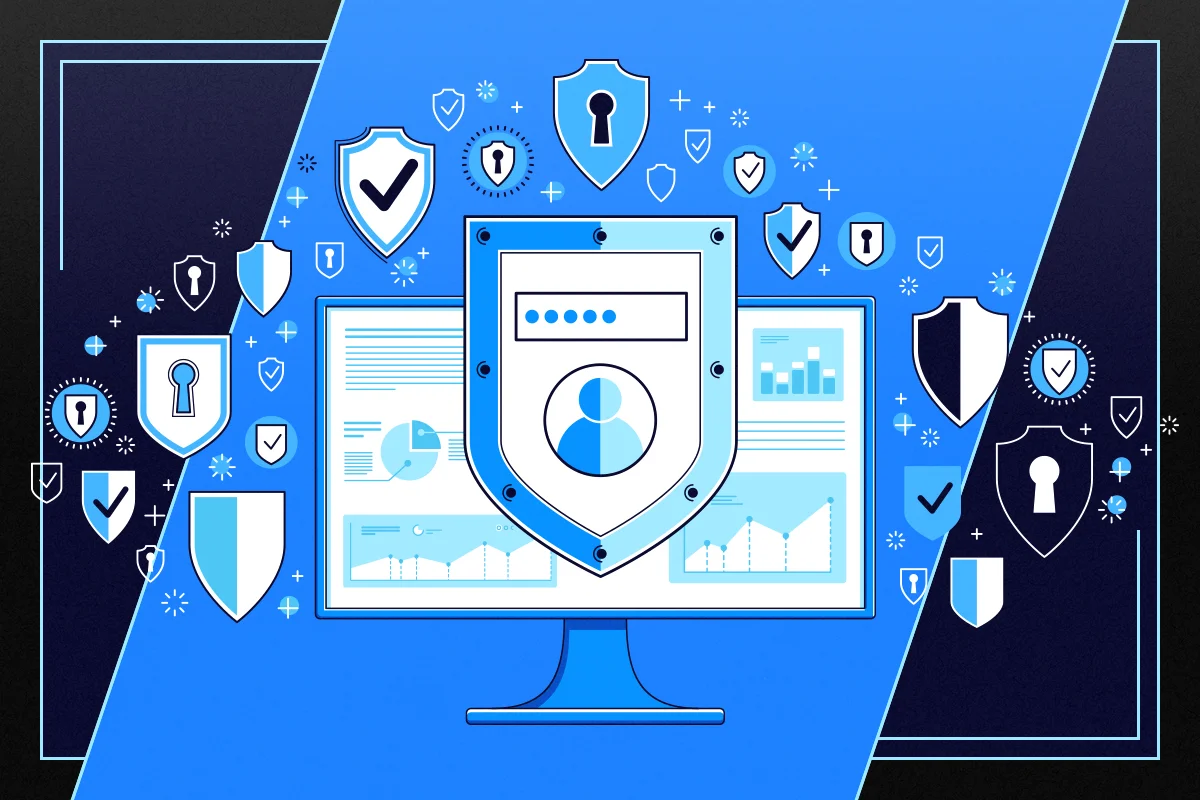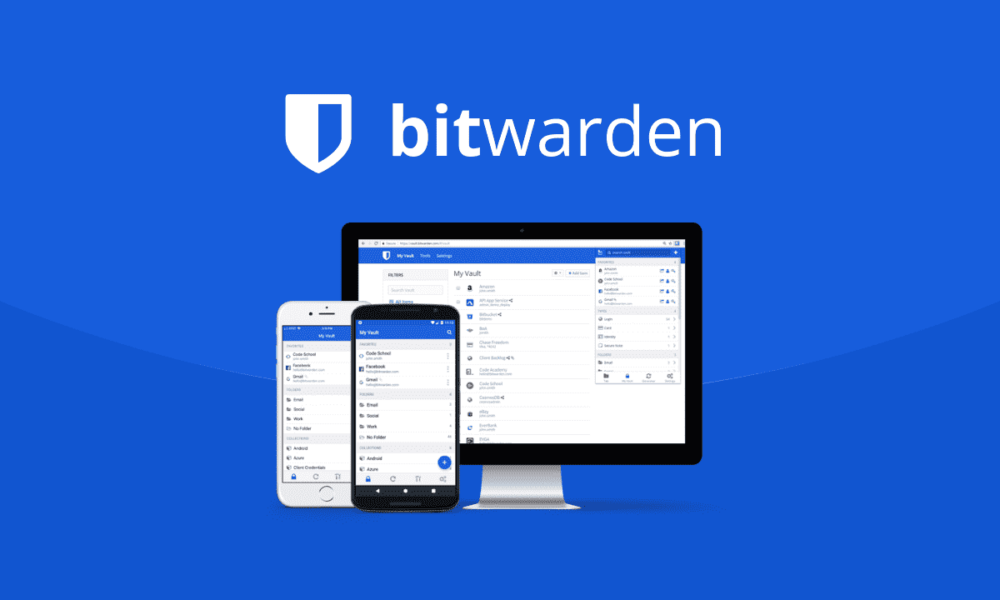It’s only been a week since we celebrated World Password Day and, along with other types of useful information, “to promote the best habits in creating and maintaining passwords,” an essential element of computer security where it exists. the lack of the usual recommendations for password managers, undoubtedly the best ally in these fights.
Of course, If we talk about password managers, Bitwarden cannot be missing from that list, one of the benchmarks in its category, which has established itself on the market only since it appeared in the world a few years ago, as an open source alternative to LastPass. Since then, Bitwarden has been gradually improving its features… and there we are, with two announcements that its users will be grateful for, and maybe one more.
First of all, we have the launch Bitwarden Authenticatorthe name of which will not be misleading for those familiar with this type of application, designed to facilitate double authentication or two-step verification when logging into a service or application, and at the same time to make it more secure than simply receiving SMS – a reckless method, i.e. by the way.
Bitwarden Authenticator is exactly that: an alternative to the most well-known Google Authenticator or Microsoft Authenticator, but also to many existing open source solutions with which you can receive verification codes on your Android or iPhone. So easy. However, this basic functionality with which the application has just been introduced is only the beginning, because the approach they want to develop in the medium term is much more ambitious.
For the rest, Bitwarden Authenticator works exactly as you’d expect: you enter the service options you touch and activate two-factor authentication, connect the app, and there login codesas usual it is automatically generated every minute. You can find all the details about this launch on the Bitwarden blog. Apps in Google and Apple stores.

On the other hand, Bitwarden is also working to improve Passkey support in its mobile apps, the next-generation passkeys that the industry hopes will push passwords to a very secondary level. At the forefront of this movement are giants such as Google or Microsoft, and therefore there are many password managers that adapt to the new standard, see for example Bitwarden itself.
In fact, it’s been a long time Bitwarden added support for Passkey, but in a limited way: it allows you to create and store keys, but synchronization is green, and that’s where the focus is now, on the synchronization of access keys – one of the most annoying aspects of this method – between devices. However, at the moment, the improvements have only made it to the beta versions of Bitwarden’s Android and iOS apps.
However, another limitation of this implementation is worth noting, namely that the Passkey support in Bitwarden depends on the version of the system that is running and the minimum is Android 14; and also that the given browser supports the protocol. Likewise, Passkey support between managers and applications is far from ready. So passwords are going nowhere, at least in the short term.














